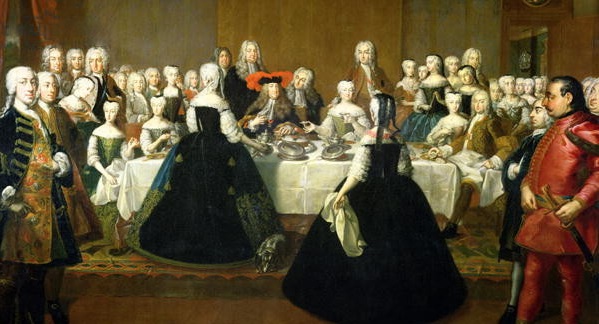 for Best Article (published in English or in French) in Social Sciences and Humanities
for Best Article (published in English or in French) in Social Sciences and Humanities
Deadline for applications: 30 April 2017
Prize Amount: 213 CZK (i.e. 9.261 CZK)
Official Award Ceremony: 16 June 2017
Language of application: English
This award is included within the Jacques Derrida Award organized by the French Embassy in the Czech Republic and Mgr. Karel Janeček, PhD., MBA, which rewards the best PhD research work in social sciences and humanities in the Czech Republic.
Born from the desire to support young researchers from the Czech Republic who endeavour to embed their research within the European and international networks, this initiative from the CEFRES Platform aims to award an article in social sciences and humanities published in a high-level peer-reviewed academic journal.
Since 2014, CEFRES Platform gathers the French Research Center in Social Sciences in Prague, the Czech Academy of Sciences and Charles University in Prague.
Young researchers from all disciplines in social sciences and humanities from the Czech Republic may apply to the CEFRES Platform special award, whatever the topic of their research may be.
Applications may be sent directly by young researchers themselves to the following address: platformaward@cefres.cz
Eligibility Criteria
- to be a PhD student or to have defended one’s PhD thesis at the earliest in 2010 in a university of the Czech Republic (so-called “cotutelle” PhDs are eligible; young Czech or Slovak researchers who defended their PhDs in a university abroad can also apply)
- to submit to the award competition an article in English or in French published in a peer-reviewed academic journal recognized by such databases as Web of Science, Scopus, or by the European Reference Index for the Humanities and Social Sciences (ERIH plus)
- to have published the afore mentioned article between 2014 and 2017 (articles accepted for publication shall be excluded, since the award is to be renewed yearly)
- to submit one article only: applications including two or more articles will be excluded from the competition
Application Package
The following information completed:
- Name and Surname:
- Date and place of birth:
- Personal email:
- Personal phone number:
- Personal address:
- Professional email:
- Professional phone number:
- Professional address:
- Subject of Thesis:
- Date of (past or forthcoming) defence:
- Year and Faculty of registration:
- PhD supervisor(s):
- Discipline(s):
The application should also include:
- An academic curriculum vitae, including a list of publications
- An off-print of the submitted article for the Prize. NB: only one article will be considered; applications including two articles will be excluded
- The complete bibliographical references and a short summary of the submitted article in English or French
- A letter explaining the originality and prospects of the research involved in the article
An interdisciplinary jury presided over by the director of CEFRES and representatives from the CEFRES Platform will select the laureate. The laureate will be notified by 1 June 2017 and will have to be available for the award ceremony.
Supported by Mgr. Karel Janeček, MBA, PhD., the award will be given at Palais Buquoy, the seat of the French Embassy in the Czech Republic on 16 June 2017 along with the other scientific awards of the French Embassy.







